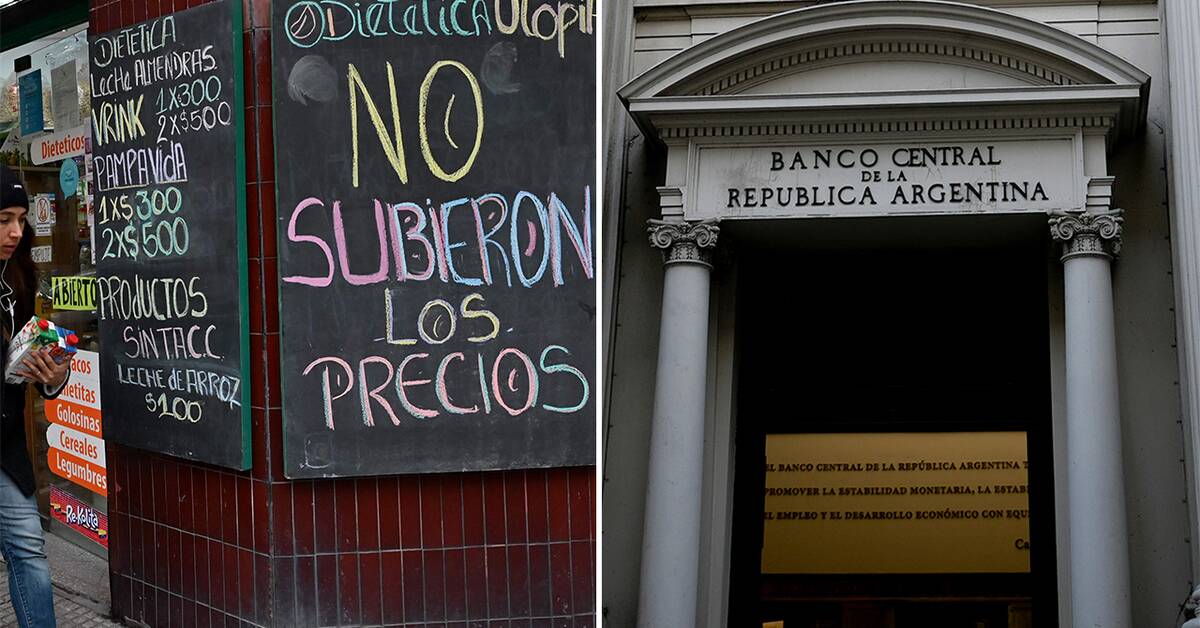The memory of previous economic crises, a great polarization in the country and price increases all over the world.
These are some of the reasons why the fear of hyperinflation is increasing in Argentina, says Andrés Rivarola, professor at the Nordic Latin American Institute at Stockholm University.
- There is a risk and it is impossible to get away from it.
But it is not just an economic problem but a political problem.
There is a strong distrust of the state and the monetary policy that different parties want to pursue, he says and adds:
- The polarization is very large and it puts sticks in the wheel for a more effective fight against inflation.
"It's about expectations"
According to an estimate commissioned by the Bank of Argentina, the annual increase in inflation is expected to be 72.6 per cent, which is far from what is usually counted as hyperinflation, ie an annual increase of at least 600 per cent.
At the same time, it is about the highest rate of price increase since the country's latest hyperinflation in the late eighties, writes El País.
According to Andrés Rivarola, large price increases in Latin America are usually about inflation expectations.
- This is what has happened in Venezuela recently, where it almost happens that the domestic currency loses legitimacy.
People no longer believe in the country's monetary policy and then they switch to other forms.
For example, a dollarization of the economy.
The country's history affects
In Argentina, the memory of the hyperinflation year 1989 lives on, when prices, in just one year, rose by almost 5,000 per cent.
In the 1990s, the value of the Argentine peso was pegged to the US dollar, which reduced inflation expectations - but it came to an abrupt end at the end of 2001 when the financial system collapsed.
What happened in 1989 is, according to Rivarola, one of the big reasons why fears, and inflation expectations, are increasing.
- People have memories that inflation can increase in Argentina, so much so that you reach these levels which can then be called hyperinflation.
At the same time, the current price increase in the country is also about prices rising all over the world right now, says Rivarola.
- But because Argentina has such a gloomy history when it comes to inflation, it creates an enormous fear and expectations about inflation - which makes the problem increase even more.
Javascript is disabled
Javascript must be turned on to play video
Read more about browser support
See economist Ola Olsson talk about three countries where inflation has increased this year.
Photo: SVT, Luis Robayo / TT

